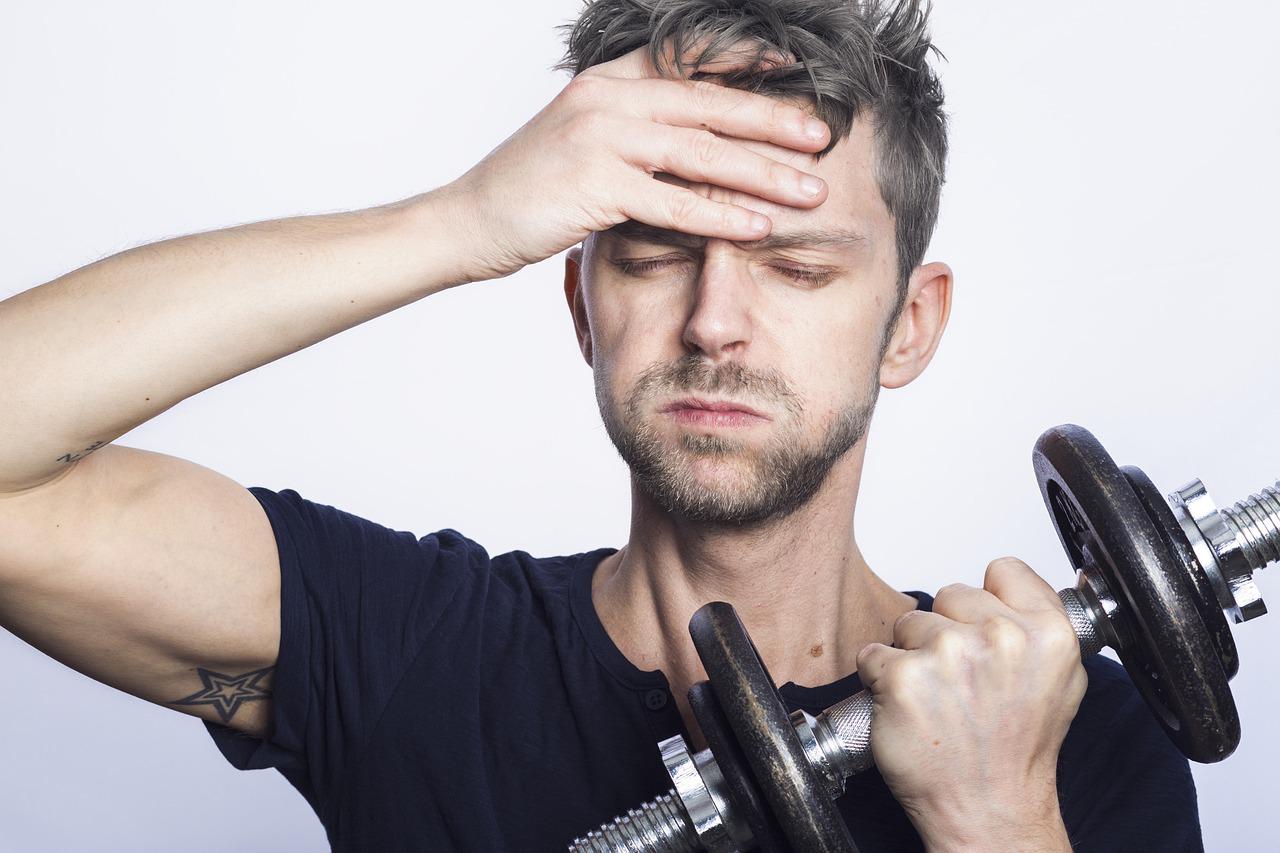Common Symptoms of Low Testosterone
Are you feeling tired and run down? Are your muscles not as toned as they used to be? You may be suffering from low testosterone. Testosterone is the hormone responsible for maintaining muscle mass, energy levels, and sex drive. If you are experiencing any of the common symptoms of low testosterone, it is important to see a doctor or take C+ Testosteron. In this blog post, we will discuss the most common symptoms of low testosterone and what you can do about it.
Loss of Lean Muscle Mass
 One of the most common symptoms of low testosterone is a loss of lean muscle mass. This can lead to fatigue, weakness, and decreased strength and physical performance. Another symptom associated with low testosterone levels is a decrease in bone density. This can lead to an increased risk for fractures and osteoporosis. Low testosterone levels can also cause various other physical and mental health problems. If you are experiencing any of these symptoms, it is important to talk to your doctor.
One of the most common symptoms of low testosterone is a loss of lean muscle mass. This can lead to fatigue, weakness, and decreased strength and physical performance. Another symptom associated with low testosterone levels is a decrease in bone density. This can lead to an increased risk for fractures and osteoporosis. Low testosterone levels can also cause various other physical and mental health problems. If you are experiencing any of these symptoms, it is important to talk to your doctor.
They can perform a blood test to check your testosterone levels and determine if they are low. Treatment options are available if you have low testosterone levels.
Loss of Body Hair
One of the most common symptoms of low testosterone is a loss of body hair. If you notice that your chest and pubic area are getting thinner, it could be due to low testosterone levels. Testosterone is responsible for stimulating hair growth, so when levels are low, hair growth can slow down or stop altogether. If you are concerned about hair loss, you can do a few things. They can test your testosterone levels and see if they are low. If they are, they may prescribe testosterone replacement therapy. Some over-the-counter treatments can help with hair loss.
Symptoms of Depression
 Depression is one of the most common symptoms of low testosterone. Men with low testosterone levels are more likely to experience depression than those with normal. Symptoms of depression include feeling sad, hopeless, or irritable. Men with low testosterone may also have difficulty concentrating, sleeping, or losing interest in activities they once enjoyed.
Depression is one of the most common symptoms of low testosterone. Men with low testosterone levels are more likely to experience depression than those with normal. Symptoms of depression include feeling sad, hopeless, or irritable. Men with low testosterone may also have difficulty concentrating, sleeping, or losing interest in activities they once enjoyed.
Obesity
 One common symptom of low testosterone is obesity. This is because testosterone helps to regulate metabolism and fat distribution. When there is a decrease in testosterone, these processes can become disrupted, increasing body fat. Obesity can also lead to other health problems such as diabetes and high blood pressure. If you are overweight or obese, you may want to consider losing weight.
One common symptom of low testosterone is obesity. This is because testosterone helps to regulate metabolism and fat distribution. When there is a decrease in testosterone, these processes can become disrupted, increasing body fat. Obesity can also lead to other health problems such as diabetes and high blood pressure. If you are overweight or obese, you may want to consider losing weight.
You can do this through a combination of diet and exercise. Losing weight can help to improve your overall health and may also increase your testosterone levels. When it comes to low testosterone, there are a variety of symptoms that can occur. If you are experiencing any of these symptoms, it is essential to see a doctor. Treatment options are available if you have low testosterone levels. Symptoms of low testosterone can include hair loss, muscle loss, depression, obesity, and more.



